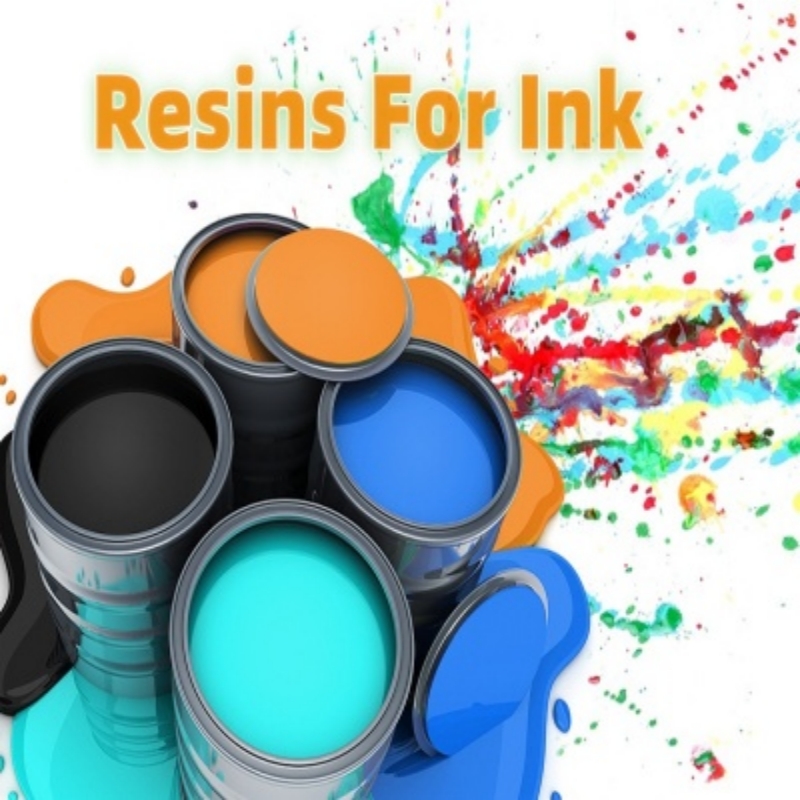The liquid flexible packaging ink is made by resin, pigment, additives and solvent. And the resin is the core of the ink, due to the PU advantage, now PU resin becomes more and more popular, especially for the retorting application. We have the plasticizer, semi-film-former and film-former PU resin for ink. They are widely used for surface printing ink and lamination ink in both flexo and gravure printing technology. With the excellent color strength and adhesion property, they can meet different requirements and applications. All our products are TOL & MEK free, and our product safety expert assures our product can meet the regulation and law around the world, including Nestlé Guidance Note, EuPia Guidline, Swiss Ordinance, also FDA, EU10/2011 and China GB9685-2016.

The main application characteristics of non-film-forming resins and film-forming resins in printing inks are as follows:
Non-Film-Forming Resins:
Non-film-forming resins, such as plasticizers, are primarily used in surface printing inks in collaboration with NC (nitrocellulose) resin. These resins are polymeric plasticizers, which means they do not have issues. They offer excellent resistance to heat, oil, fat, grease, and moisture. Non-film-forming resins are softer compared to NC resin, and their hardness can be adjusted to achieve different performance characteristics. Due to their low molecular weight, these resins tend to have a sticky nature. They also exhibit excellent tolerance to alcohols, making them suitable for flexographic and gravure inks.
Film-Forming Resins:
Film-forming resins, such as polyurethane resins, play a crucial role as binders in printing inks. These resins provide adhesion and durability to the ink film. Polyurethane resins have the advantage of excellent compatibility with various substrates, including plastic films. They offer good chemical resistance and durability, enhancing the longevity of the printed image. Additionally, polyurethane resins can improve the gloss and color vibrancy of the ink. They form a solid film upon drying, which contributes to the ink's stability and mechanical properties. Film-forming resins are commonly used in various printing applications, including packaging, labels, and publications.
In summary, while non-film-forming resins like plasticizers enhance ink properties such as flexibility and resistance, film-forming resins like polyurethane resins act as binders and provide adhesion, durability, and improved visual characteristics to printed materials. The selection of the appropriate resin type depends on the specific requirements of the printing application and desired ink performance.